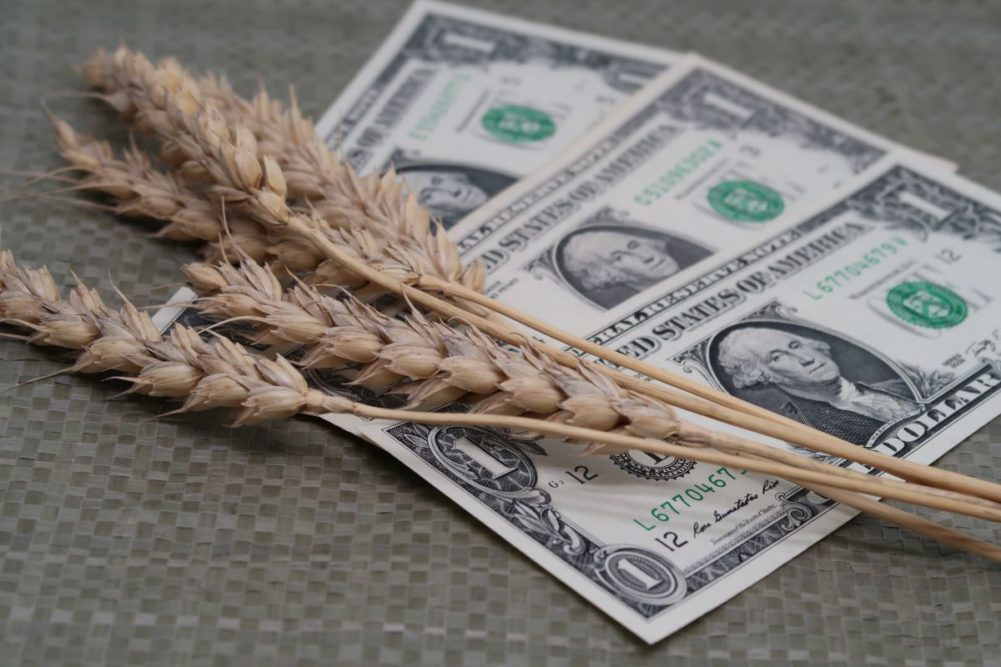MOSCOW — Cargill, Louis Dreyfus Co. and Viterra have unveiled plans to cease grain export operations from Russia at the start of the new trading season, which is set to begin on July 1. Each of the companies noted mounting challenges in grain exporting operations as the key factor behind the decision.
The decision to end grain export operations comes a little more than a year after Russia’s Feb. 24, 2022, invasion of Ukraine. In the case of Cargill, the Minneapolis-based company already had scaled back its business activities and stopped new investments in Russia, operating only essential food and feed facilities. Cargill has been one of the largest non-Russian exporters of Russian wheat.
“However, as grain export-related challenges continue to mount, Cargill will stop elevating Russian grain for export in July 2023 after the completion of the 2022-2023 season,” Cargill said in a March 29 statement to World Grain, a sister publication of Milling & Baking News. “Cargill intends to continue shipping grain from Russia to destination markets in line with our purpose to nourish the world. Cargill’s other essential food and feed activities, including starches and sweeteners, oils and fats, and animal feed are not impacted by these changes.”
Cargill owns a stake in the grain terminal in the Black Sea port of Novorossiisk.
A day after Cargill’s announcement, Rotterdam, The Netherlands-based Viterra Ltd. said it would no longer handle Russian grain exports, although the company did indicate that its local management team aims to form a new trading firm.
“Following continued monitoring of the situation over the past year, Viterra has concluded that its activities in Russia no longer fit the long-term direction of the company,” Viterra said. “We are assessing options to transfer our business and assets in Russia to new owners, and will provide further information when and if appropriate.”
Viterra recently turned in its most successful financial year in 2022 with a record EBITDA of $2.65 billion, noting record production in its main export regions among the reasons for its strong performance. The company operates in more than 37 countries.
Branded Viterra Rus in June 2021, the company has employed about 700 people in Russia, where it has operated since 2004. Viterra operates through group-owned port terminals in Taman and Rostov-on-Don with field offices in the grain-producing regions of Krasnodar, Stavropol, Rostov, Voronezh and Saratov.
Louis Dreyfus Co., Rotterdam, became the third major grain company to take action, announcing on April 3 that it also would be ceasing grain export operations from Russia on July 1.
“Louis Dreyfus Company (LDC) will cease grain exports from Russia from July 1, 2023, as grain export challenges continue to increase in the country and is also assessing options for the transfer to new owners of its existing Russian business and grain assets,” the Rotterdam, Netherlands-based company said. “LDC will continue to run its operations in Russia until the process is complete, in compliance with all applicable laws and regulations.”
LDC employs about 650 people in Russia, where it focuses on wheat, barley and corn exports, alongside smaller scale sugar product distribution operations. On average, LDC exports 1.5 million to 3 million tonnes of grains annually from Russia. Products sourced from Russia and Ukraine made up 2% of LDC’s group sales last year, versus less than 4% the prior year, the company said when it presented its 2022 results on March 22.
LDC operates several offices and seven inland silos in Russia that total about 900,000 tonnes of storage and a grain export terminal on the Don River with access to the Sea of Azov that it acquired in 2015. The terminal was inaugurated in May 2017 and has an annual capacity of about 1 million tonnes with 50,000 tonnes of storage in 10 vertical silos. LDC also operates a riverside elevator in Volgograd that allows grain exports along the Volga River and down to the Caspian Sea.
Russia’s agriculture ministry said in a comment toReutersthat the decision by the three grain majors would not affect the volume of the country’s domestic grain shipments, regardless of who manages the grain export assets. Russia is the largest supplier of wheat to global markets, with its 33 million tonnes accounting for about 17% of the total in 2021, according to the US Department of Agriculture.





